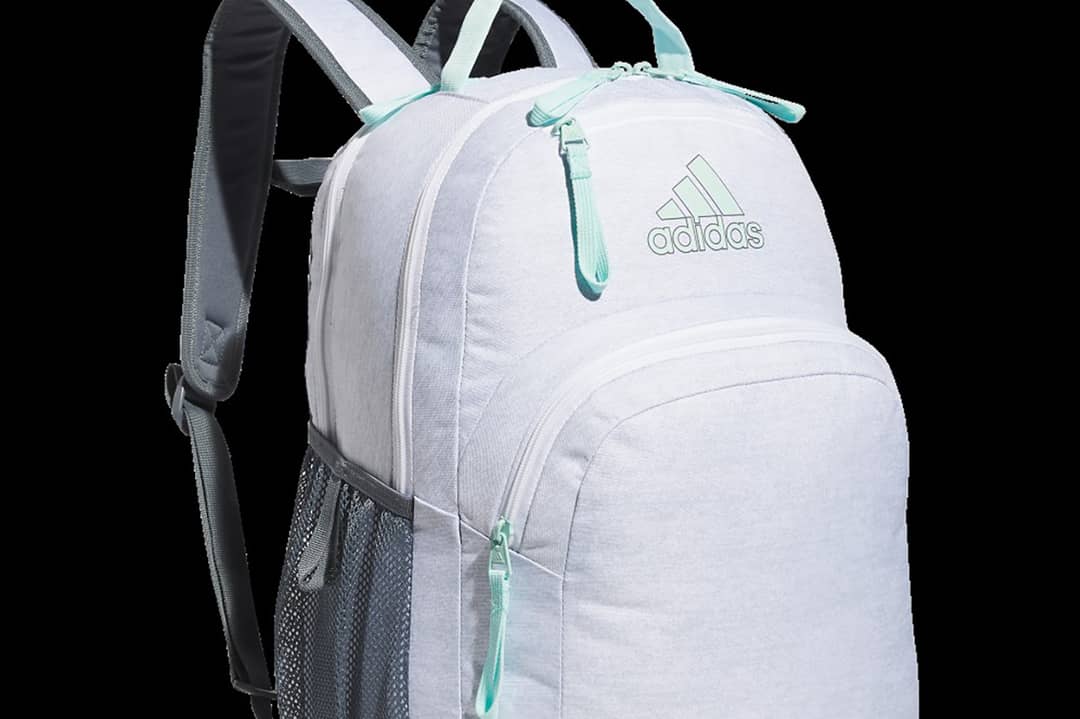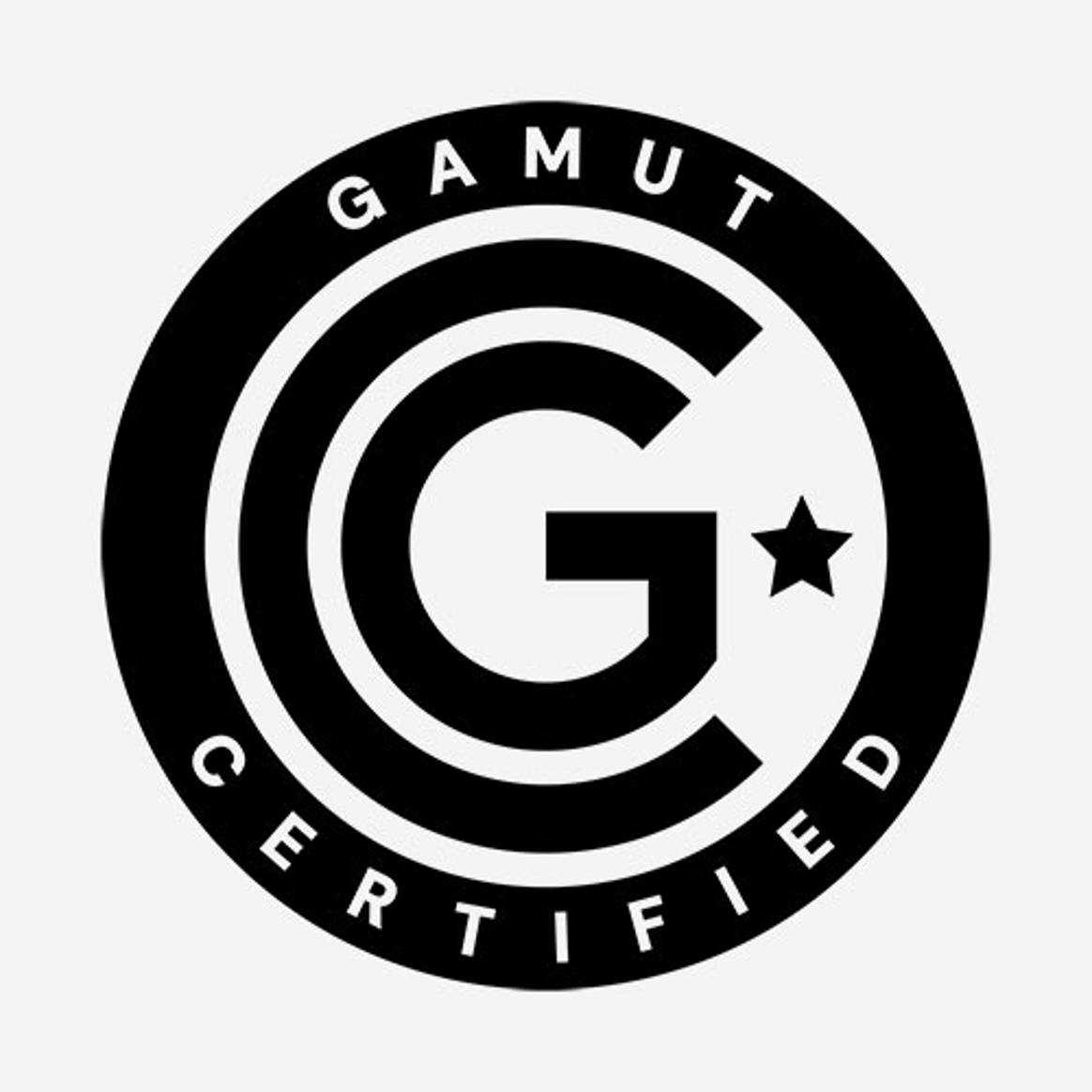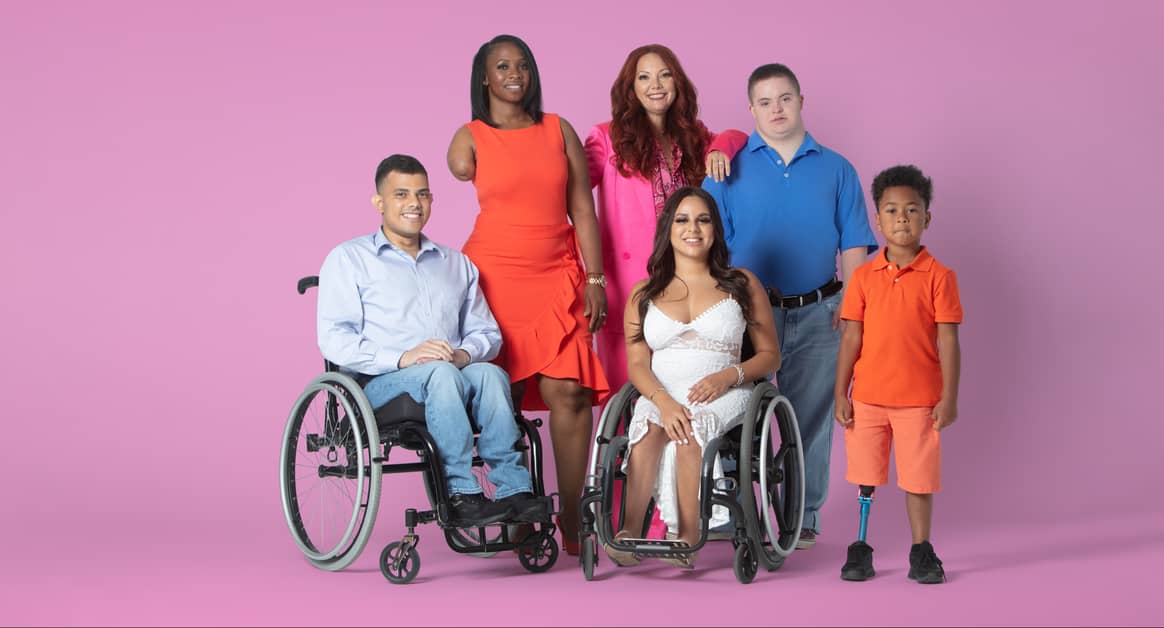Engaged in the clothing industry for 20 years.

Gamut Seal of Approval, the first certification for adaptive fashion launches with Adidas
Runway of Dreams, arguably the most high profile event on the fashion calendar representing the disability community, was founded as a non-profit in 2013 by designer Mindy Scheier who has a son with muscular dystrophy. In the decade since she has been working to help the fashion industry understand why it is so important to include this population, which she calls “the largest minority in the world.” After her 2016 partnership with Tommy Hilfiger which resulted in the creation of the first mainstream adaptive clothing line, Scheier said, “Suddenly the floodgates opened and not only brands but other industries, figures from the entertainment field, started reaching out to get a better sense of how they could enter the adaptive space. That’s when it became clear that another company was needed, and Gamut Management was born.”
The pioneering consulting and talent management company working exclusively in the adaptive space, Gamut has no difficulty finding talent. The only requirement is that the candidate has a disability; there are no fees or other criteria; it’s simply an opportunity to be part of a community of currently about 1000 members globally with signups daily. “Understandable when you haven’t an opportunity to be represented or have your voice be heard in the design process or even be considered in the mainstream world,” said Scheier.

With the inception of Gamut, Scheier said she was then inundated with concerned emails from members of the disability community questioning the authenticity of the adaptive collections, while on the other hand, Scheier was fielding questions from brands worried about how to communicate successfully with the customer. So several years ago, she began developing the Gamut Seal of Approval, “the first certification of its kind in the adaptive space that is a signifier that this product has been vetted by people with disabilities, caregivers, experts, and professionals in the community,” explained Scheier.
Adaptive fashion grows at Kohl’s, Target and Victoria’s Secret
With Kohl’s, Target, Victoria’s Secret now clients, Scheier is excited by how far the industry has come. According to the CDC, 1 in 4 U.S. adults, that’s 61 million Americans, live with a disability. “We’ve made unbelievable progress but the reality is we have so much more work to do. That’s why we’re here,” she said from her space at the NRF exhibit in February where FashionUnited caught up with her. “We want to have the conversations, be exposed to all the brands and retailers, even the technology companies; there isn’t a company that doesn’t touch, directly or indirectly, people with disabilities. Including them is probably the greatest business move you could make in your entire career.”
Scheier was accompanied by some of members from her talent roster. 11-year-old Sebastian Ortiz, who has appeared on Broadway as Tiny Tim in A Christmas Carol and has cerebral palsy, described the importance of his involvement in creating pieces for French Toast Adaptive, a childrenswear line specializing in uniforms and leisurewear: “It was a life changer, not to have to call my mom to help me get dressed.” Fellow Gamut talent, Chase Merriweather, an amputee athlete also known as Chaseman, joked, “No more ‘Mom, can you help me with my buttons.’ Now I can just get back to my game.”

Scheier pulled out a shirt from Sonoma, one of Kohl’s private labels, a classic style but with magnets for closures. There is also a denim version with velcro. The adaptations were unobtrusive. Anyone could wear these shirts. “It’s important to make the designers understand that it’s not about recreating from scratch,” said Scheier. “It’s just making the same product more wearable for more people.”
The button and buttonhole were developed in the thirteenth century. “The fact that we are still using that quote unquote technology in this day and age when we literally run our lives from our phone is remarkable.” She picked up a sneaker from Steve Madden which demonstrates how the design team successfully rethought how a foot goes into a shoe. “The inserts are easily removable which is important for people who wear orthotics or have braces, and you do not have to tie the shoelaces, but the appearance of the shoe is like any other sneaker,” said Scheier.
This was the first time NRF featured adaptive products for people with disabilities and Gamut chose the show to launch its first product bearing the Gamut Seal of Approval, an Adidas backpack. It was a collaboration between the athletic brand and Gamut talent. “Every detail from how the pack stands up, to the over-sized trims to the way the pack fits on bodies with varying abilities or chairs is a product of consumer insights,” Laura Jenks, President, Adidas Accessories x Agron, Inc told FashionUnited. “Gamut Management partnered with us to ensure we were communicating directly, understanding, and adjusting based on the feedback. The process was very involved and super fun for our team.”
The admiration was mutual. “Adidas were so diligent in the process that they very easily met all the criteria to be certified,” said Scheier, but she rejected any idea that she has all the answers. She is learning on a daily basis. After wearing the product, customers might come back with new feedback and that data is folded into evolution of the production to better serve the community. “Everything comes from the population,” said Scheier.
Openness and curiosity to make more effective design is the key to a successful collaboration. “Adidas sees possibility where others see the impossible,” explained Jenks on why the brand wanted to be involved. “When we realized there is the possibility to create products with specific features to help make carrying books and laptops to school easier for students with Adaptive needs, we at adidas Accessories wanted to play a role. There are more ideas in work! Impossible is Nothing!”
Scheier’s son Oliver is going to college next year and the reality of not having to ask his room mate for help putting on his shoes cannot be overstated. Autonomy and dignity are the right of every human being, but they are especially important for someone entering adulthood and moving out of home for the first time. Meanwhile, Scheier will continue to challenge creators across every industry to make life easier for the disability community, and grow their business at the same time. While Scheier is used to achieving firsts, it is her mission at Gamut to expand inclusivity and celebrate the many where she is most at home.